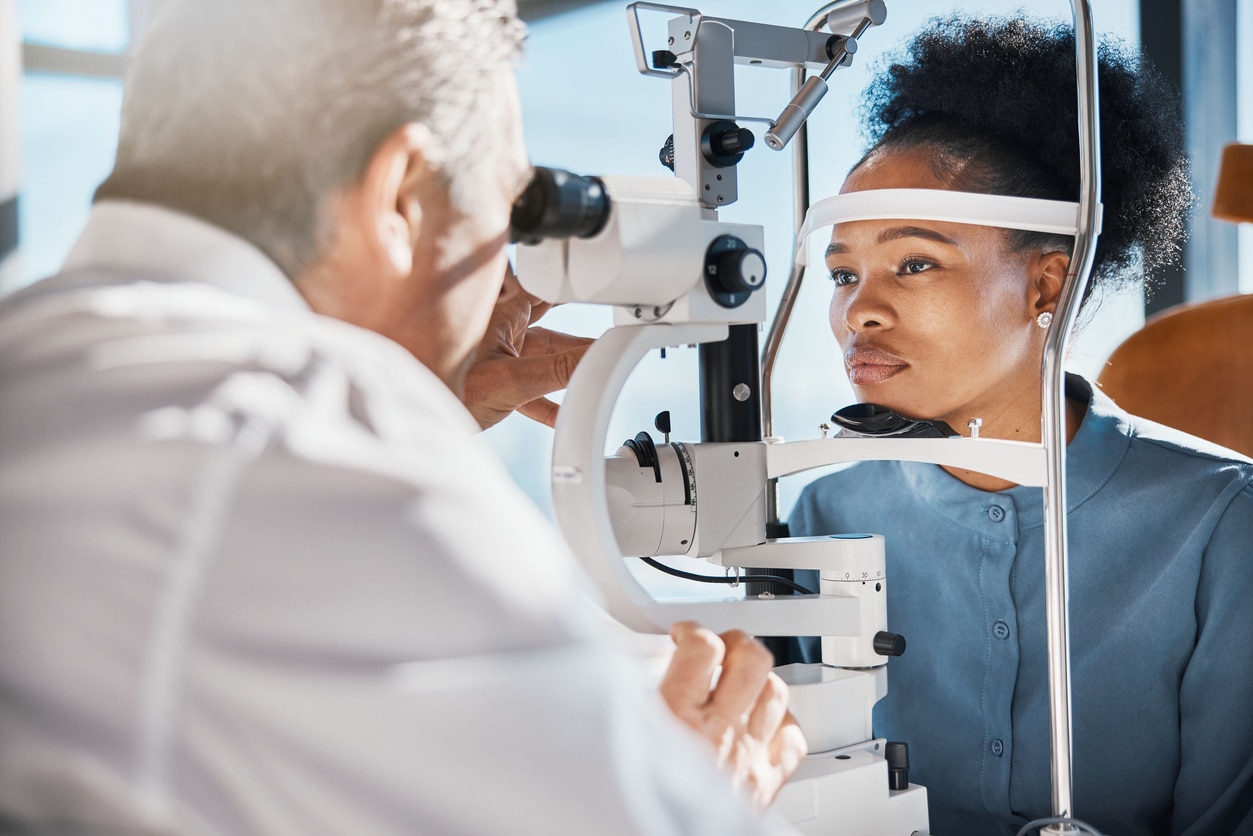All Categories
Featured
Table of Contents

Normal eye examinations are necessary for keeping great vision and detecting potential eye health concerns early. However, the frequency of these exams can vary considerably based upon an individual's age, lifestyle, and total wellness. Recognizing the recommended schedule for eye examinations can aid make certain that people of every ages obtain proper care and surveillance for their eye wellness.
Infants and Toddlers (0-2 Years)
For kids and babies, eye exams are essential for spotting any kind of potential vision troubles early on. The American Academy of Ophthalmology suggests that a kid's first eye exam must occur at around 6 months old. Throughout this initial visit, the eye treatment expert will analyze the kid's visual development and look for any kind of apparent eye issues.Following this very first test, it is suggested that youngsters have an additional eye test at age three. This browse through will certainly concentrate on examining the youngster's overall visual feature, consisting of eye positioning and the capability to track objects. If no problems are found, the next exam ought to be scheduled prior to the kid starts school, usually around age 5 or 6.
School-Aged Children (6-18 Years)
When children reach college age, normal eye exams should be scheduled each to two years. Vision is essential for learning and growth, and lots of colleges carry out vision testings. Nonetheless, these screenings do not replace a detailed eye test by an eye care professional.For kids associated with tasks or sporting activities calling for significant visual focus, annual eye tests might be a good idea. Furthermore, if a kid shows indicators of vision troubles-- such as trouble reading, squinting, or frequent headaches-- a browse through to the eye doctor ought to be scheduled immediately.
Young Person (19-39 Years)
Young adults generally have less vision modifications than older age groups, however normal eye examinations remain essential. The general suggestion is to set up an eye test every 2 years during this period. Nonetheless, people with specific threat factors-- such as a household background of eye illness, diabetes mellitus, or those who wear get in touch with lenses-- ought to take into consideration annual eye tests.In addition, those who spend significant time on electronic tools may experience digital eye pressure. If signs and symptoms such as dry skin, exhaustion, or obscured vision take place, it might be smart to see an eye treatment specialist sooner.
Adults (40-64 Years)
Adults aged 40 to 64 should schedule eye exams every one to 2 years. Eye examinations can also aid find other usual age-related conditions such as glaucoma, cataracts, and macular deterioration.If individuals in this age group have danger variables like hypertension or diabetic issues, they may need more constant assessments to monitor their eye health and wellness closely.
Elders (65 Years and Older)
For seniors, routine eye tests come to be a lot more critical. The American Optometric Organization recommends that individuals matured 65 and older have an eye examination at the very least when a year. Older grownups are at a higher danger for different eye conditions, including cataracts, glaucoma, and age-related macular deterioration. Early detection and therapy of these problems can protect against vision loss and improve the lifestyle.Final thought.
Comprehending the proper timetable for eye tests based on age is essential for preserving optimum eye health throughout life. By sticking to these standards and consulting with an eye treatment professional, individuals can take proactive steps towards preserving their vision and general health and wellness.Table of Contents
Latest Posts
Dine with a View: Boat Up to Deauville Inn’s Coastal Patio
Published en
2 min read
Plan Your Dream Wedding at Deauville Inn: Unforgettable Waterfront Venues
Published en
2 min read
Experience the Flavorful Price of The other day's Pub Catering
Published en
1 min read
More
Latest Posts
Dine with a View: Boat Up to Deauville Inn’s Coastal Patio
Published May 17, 25
2 min read
Plan Your Dream Wedding at Deauville Inn: Unforgettable Waterfront Venues
Published May 16, 25
2 min read
Experience the Flavorful Price of The other day's Pub Catering
Published May 13, 25
1 min read